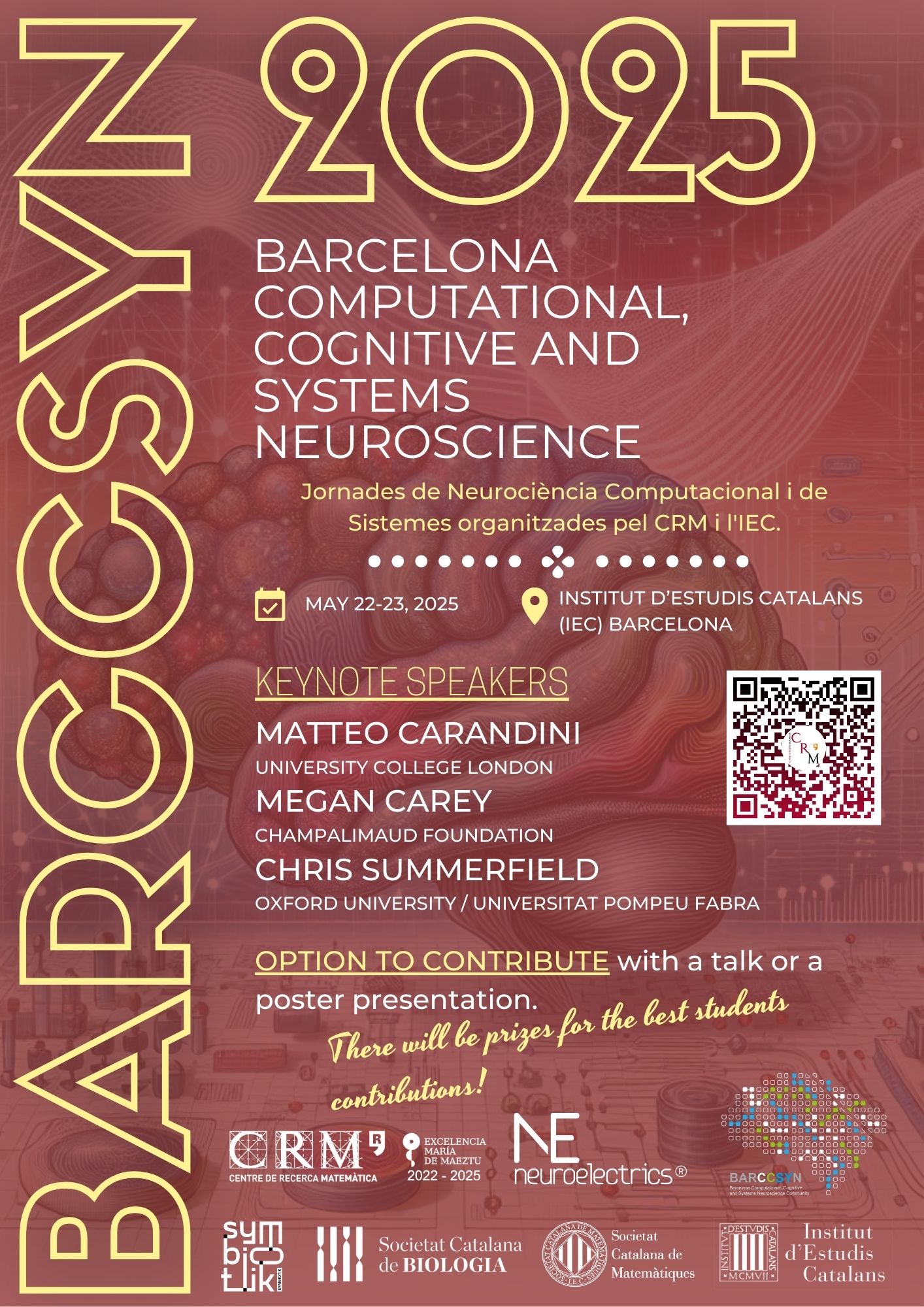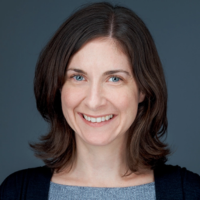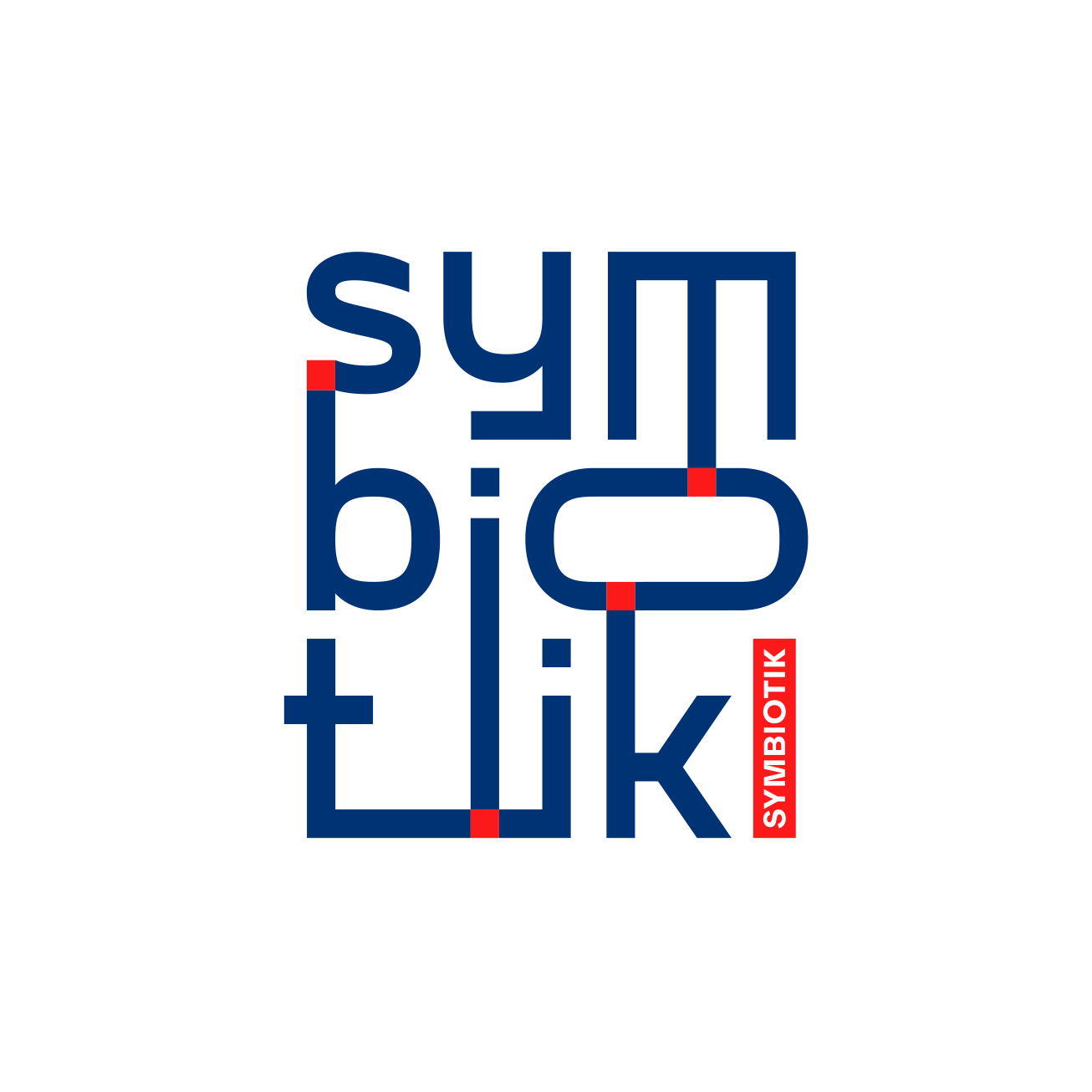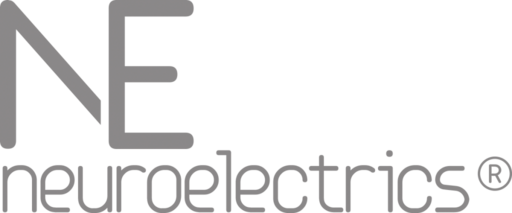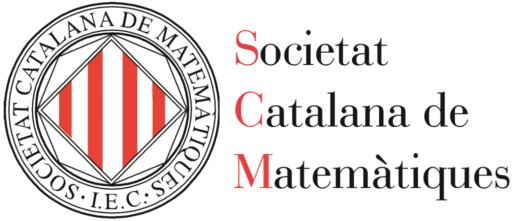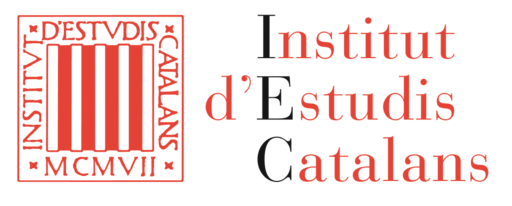DEADLINE FOR TALKS OR POSTER PRESENTATIONS
April 30th, 2025
REGISTRATION FEE
130 € (100 € for Members of the Catalan Society of Mathematics or Members of the Catalan Society of Biology)
Barcelona Computational, Cognitive and Systems Neuroscience (BARCCSYN) 2025
to May 23, 2025
IMPORTANT INFO FOR SGR (Dynamics in Neural Network) members: Choose "reservation" at the final step and the CRM will directly manage the corresponding payment using the SGR funding.
Introduction
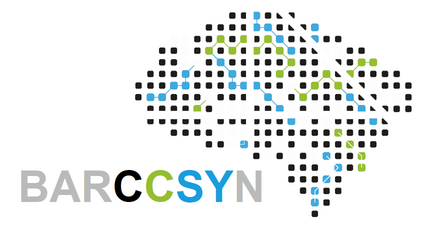
BARCCSYN PAST EDITIONS
organizers
Keynote speakers
The odds of a decision
Matteo Carandini
University College London
ABSTRACT
To make a decision we must often combine diverse factors such as sensory inputs, past actions, and estimates of value. There is increasing evidence that the brain does this via a simple operation: give each factor a weight, sum the results, use the sum to set the log odds of a coin, and flip the coin. This operation is called logistic classification. It is common in machine learning and economics, and has close cousins in psychology. I will illustrate this computation in multiple species, and will describe it in more detail in mice that perform an audiovisual decision task. Through large-scale recordings and localized inactivations, I will show how the log odds of a choice are progressively computed at key stages in visual cortex, auditory cortex, prefrontal cortex, and superior colliculus. The results point to a single view of how the brain makes a variety of decisions.
Creating coordination in the cerebellum
Megan Carey
Champalimaud Foundation
ABSTRACT
Every movement we make requires us to precisely coordinate muscle activity across our body in space and time. In this talk I will describe our efforts to understand how the brain generates flexible, coordinated movement in dynamic environments. We have taken a behavior-centric approach to this problem, starting with the development of quantitative frameworks for mouse locomotion (LocoMouse; Machado et al., eLife 2015, 2020) and locomotor learning, in which mice adapt their locomotor symmetry in response to environmental perturbations (Darmohray et al., Neuron 2019). Combining this behavior-first approach with neurophysiology and genetic circuit dissection has revealed surprising insights into how cerebellar circuits flexibly coordinate whole-body movements, enabling adaptive behavior in dynamic environments.
How do humans compose new knowledge from existing building blocks?
Chris Summerfield
Oxford University / Universitat Pompeu Fabra
ABSTRACT
Part of the secret of human intelligence is its systematicity and productivity, that is, our ability to assemble new ideas from existing building blocks. Given that neural computation happens in largely unstructured neural networks, it remains a grand challenge to understand how the human brain can ‘compose’ new knowledge. In this talk, I will discuss experiments in which we tackle this question at the neural and computational levels. I will show how specific training regimes (curricula) facilitate composition, and provide evidence two mechanisms of compositional generalisation, a low-dimensional route that relies on cortex and a high-dimensional one that relies on hippocampus.
SCHEDULE
Thursday May 22nd, 2025 | Friday May 23rd, 2025 | |
9:00-9:30 | Registration | |
9:30-9:40 | Welcome | |
9:40-10:10 | Talk (TBD) | Talk (TBD) |
10:10 - 10:40 | Talk (TBD) | Talk (TBD) |
10:40-11:10 | Poster Blitz | Poster Blitz |
11:10-12:30 | Coffee Break (Poster Session I) | Coffee Break (Poster Session II) |
12:30-13:30 | Plenary lecture I (Megan Carey: "Creating coordination in the cerebellum") | Plenary Lecture II (Chris Summerfield: "How do humans compose new knowledge from existing building blocks?") |
13:30-15:30 | Lunch Break | Lunch Break |
15:30-16:00 | Talk (TBD) | Talk (TBD) |
16:00-16:30 | Talk (TBD) | Talk (TBD) |
16:30-17:30 | Coffee break (Poster Session I) | Coffee break (Poster Session II) |
17:30-18:00 | Talk (TBD) | Plenary Lecture III (Matteo Carandini: "The odds of a decision") |
17:30-18:00 | Talk (TBD) | Prizes and Concluding remarks |
Reception and Farewell |
LIST OF PARTICIPANTS
| Name | Institution |
|---|---|
| Estefanía Moreno | Universitat de Barcelona |
| Leonardo Dalla Porta | IDIBAPS |
| Klaus Wimmer | Centre de Recerca Matemàtica |
| Manuel Molano-Mazón | UPC |
| Salvador Soto-Faraco | Universitat Pompeu Fabra |
| Adam Ranson | Universitat Autònoma de Barcelona |
| Alexandre Garcia-Duran | Centre de Recerca Matemàtica |
| Prakash Kavi | Universitat Pompeu Fabra |
| Marta Picco | Fundació Institut Hospital del Mar d\\\'Investigacions Mèdiques |
| Daniel Linares | Universitat de Barcelona |
| Ignacio Del Castillo Berges | Hospital del Mar Research Institute |
| Manuel Valero García | Institut Hospital del Mar d\\\\\\\'Investigacions Mèdiques (IMIM) |
| Gustavo Patow | Universitat de Girona |
| Andrea Gallardo Molina | Fundació Institut Hospital del Mar d\'Investigacions Mèdiques |
| Pablo Abad | Hospital del Mar Research Institute |
| Anel Marie Martinez Felix | Hospital del Mar Research Institute |
| Nicolo Accanto | Institute for Bioengineering of Catalonia (IBEC) |
| Alex Roxin | Centre de Recerca Matemàtica |
| Esteban Suárez B. | Institute for Bioengineering of Catalonia |
| Albert Juncà | Universitat de Girona |
| Ignacio Martín | Universitat de Girona |
| Guillermo Montaña-Valverde | Universitat Pompeu Fabra |
| Yoel Melul Steinfeld | Institute for Bioengineering of Catalonia |
| Mireia Torralba Cuello | Universitat Politècnica de Catalunya |
| David Esteban Suárez Baquero | INSTITUT DE BIOENGINYERIA DE CATALUNYA (IBEC) |
Poster and contributed talks
-
- Deadline: April 21st, 2025
- Resolutions will be sent on May 4th, 2025
To apply, please, finalise the registration procedure and then submit the abstract of your talk using the form below:
APPLICATION FORM
grants
There are some registration fee grants available for undergraduate and master students. If you would like to apply for one, please send an email to crmactivitats@crm.cat.
PRIZES
There will be prizes for the best students contributions
registration
You will be asked to create a CRM web user account before registering to the activity through the following link (please note that it will be necessary to fill in both the personal and academic requested information in the web user intranet):
CRM USER CREATION
Once you have created your CRM user, you can sign in on the activity web page to complete your registration or click on the following link.
REGISTER
INVOICE/PAYMENT INFORMATION
IF YOUR INSTITUTION COVERS YOUR REGISTRATION FEE: Please note that, in case your institution is paying for the registration via bank transfer, you will have to indicate your institution details and choose “Transfer” as the payment method at the end of the process.
UPF | UB | UPC | UAB
*If the paying institution is the UPF / UB/ UPC / UAB, after registering, please send an email to comptabilitat@crm.cat with your name and the institution internal reference number that we will need to issue the electronic invoice. Please, send us the Project code covering the registration if needed.
IDIBAPS
*If the paying institution is IDIBAPS, please send an email to comptabilitat@crm.cat with the Project reference code that will cover the registration cost, to be added to the invoice if necessary.
Paying by credit card
IF YOU PAY VIA CREDIT CARD but you need to provide the invoice to your institution to be reimbursed, please note that we will also need you to send an email to comptabilitat@crm.cat providing the internal reference number given by your institution and the code of the Project covering the registration (if necessary).
LODGING INFORMATION
ON-CAMPUS AND BELLATERRA
BARCELONA AND OFF-CAMPUS
|
For inquiries about this event please contact the Scientific Events Coordinator Ms. Núria Hernández at nhernandez@crm.cat
|
scam warning
We are aware of a number of current scams targeting participants at CRM activities concerning registration or accommodation bookings. If you are approached by a third party (eg travellerpoint.org, Conference Committee, Global Travel Experts or Royal Visit) asking for booking or payment details, please ignore them.
Please remember:
i) CRM never uses third parties to do our administration for events: messages will come directly from CRM staff
ii) CRM will never ask participants for credit card or bank details
iii) If you have any doubt about an email you receive please get in touch


